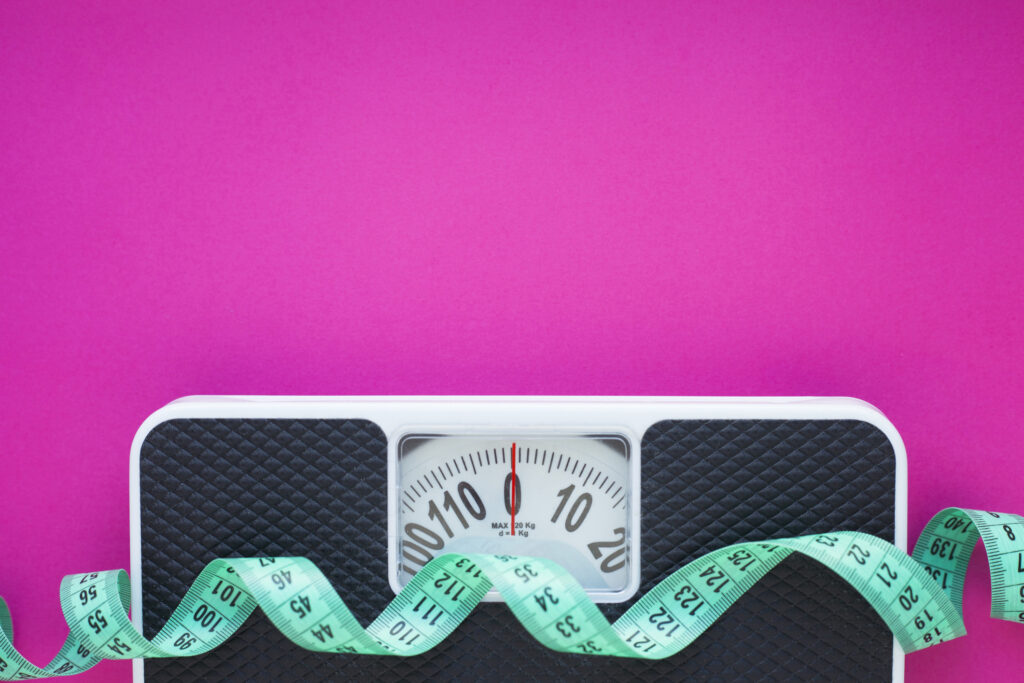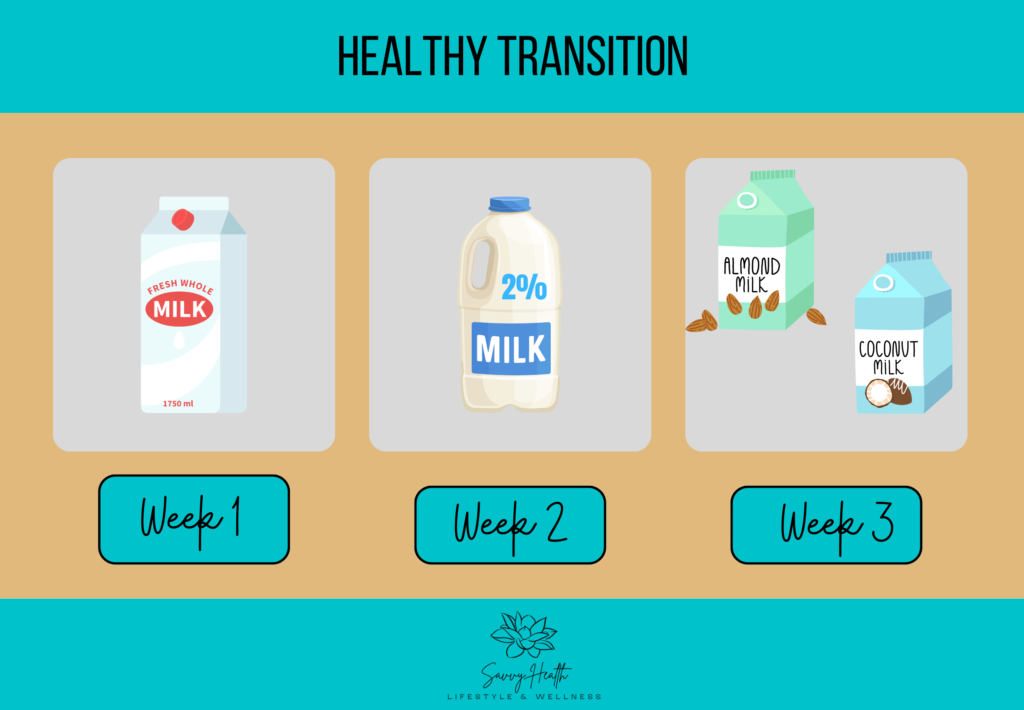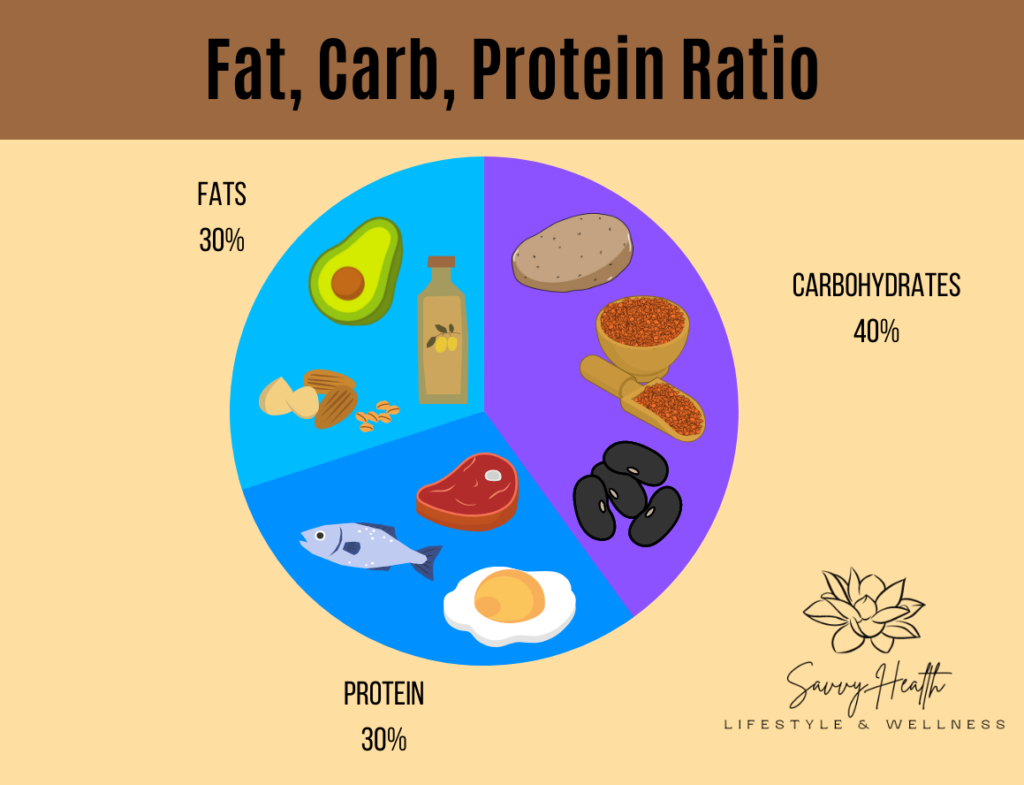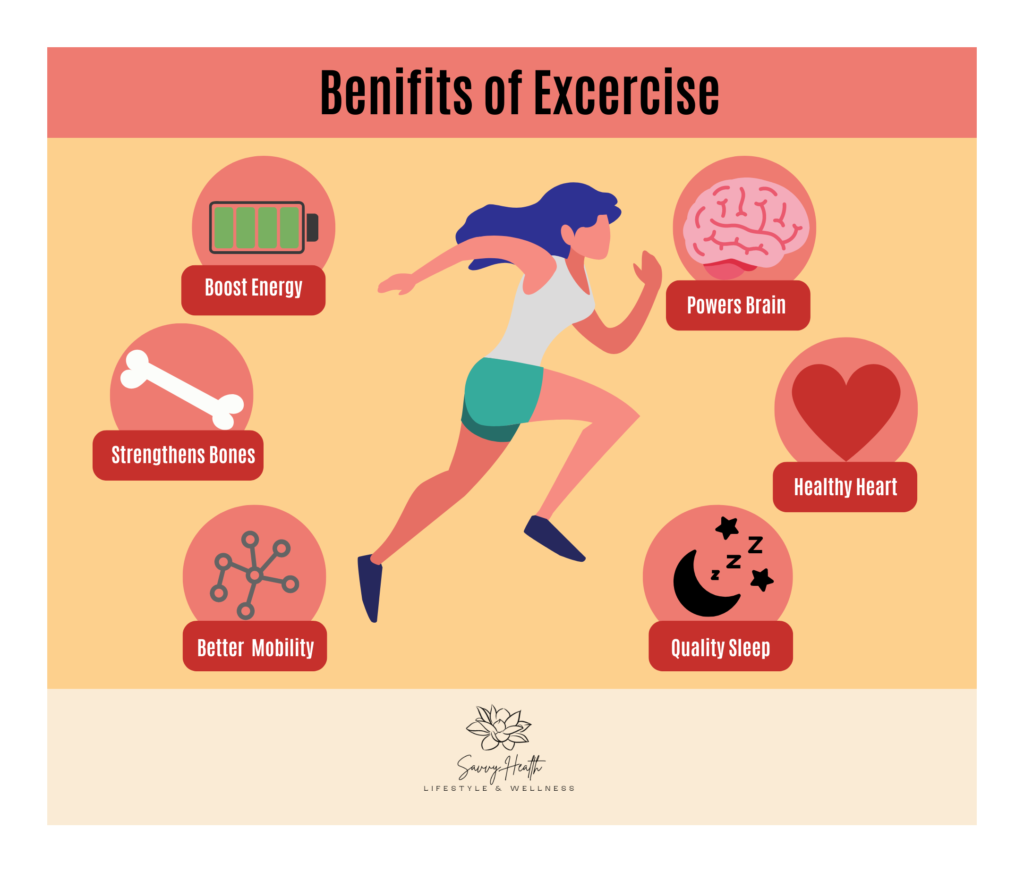Enter college, I believed I would never become a victim of the notorious “freshman 15,” the weight often gained by students during their first year of college. But three years and a pandemic later, I nearly doubled that weight gain.
I became tired quickly, lost focus, and experienced brain fog. I felt terrible and knew I needed to make some lifestyle changes.
In my senior year of college, I finally figured out how to lose weight and keep it off efficiently. For years I attempted to be consistent with any healthy lifestyle change I tried to make. This article will cover nine key strategies I used to lose 45 pounds and maintain a healthy weight.

7 Best Weight Loss Tips.
1. Slowly change your eating habits rather than quitting cold turkey
Many people will start their fitness journey by quitting all junk food and may realize some adverse side effects. Because many people are used to the high-carb and processed foods of the American diet, it takes time for your body to adjust to the changes.
A sudden change in diet can cause you to feel run down and foggy. But making small changes each week makes the transition much easier, and you’re less likely to become discouraged.
For example, if you drink whole milk, you may want to transition to using 1 or 2% and finally to healthier alternatives such as almond, coconut, or oat milk.

2. Write down your goals
You are more likely to be emotionally and intellectually invested in the outcome when you write your goals. Your life will transform if you start outlining your goals, and you will make actual progress each day if you establish a commitment to goal achievement.
Some common fitness goals may be to lose 10 pounds, gain muscle mass, eat healthier foods, or cook fresh food at home. Writing down your goals allows you to see who you want to be in the future. You can clearly see the desired outcome and appreciate its impact
A study on goal setting was conducted by Dr. Gail Matthews, a psychology professor at Dominican University in California, involving 267 participants. She discovered that writing down your goals increases your chances of achieving them by 42%.
3. Understand what a healthy diet is
A healthy eating pattern incorporating a variety of nutrient-rich foods and beverages is what it means to eat healthily. Additionally, it involves consuming the appropriate number of calories.
A rule of thumb is to shop the end aisles at the grocery store. This is because that’s where you will typically find produce.
Consider adding a variety of hues to your plate as though you were eating the rainbow. Dark, leafy greens, oranges, tomatoes, and even fresh herbs, are all incredibly nutrient-dense foods.

4. Don’t be fooled by the scale
It can be incredibly discouraging to step on a scale and see no progress after a few weeks of dieting and exercising. It’s very important to remember that muscle weighs more than fat, which may be why your results are the same.
If you stick to a healthy diet, under a caloric deficit, and exercise, you will shed those pounds! Relay on the progress you see in the mirror to keep you motivated.
Body recomposition is the process of growing muscular mass while also decreasing fat. Most scales don’t distinguish how much muscle and body fat you have.
5. Prioritize Physical Activity
Eating a balanced diet is only half the equation to maintaining a healthy weight. Exercise is critical in weight loss because it helps you burn more calories and thus shed pounds.
Regular physical activity and exercise have many positive health effects that are difficult to deny. Everyone benefits from exercise regardless of age, sex, or physical capability.
Regular gym visits are essential but don’t stress if you can’t find enough time to work out every day. Anything you do is preferable to doing nothing at all. Increase your daily activity to gain some of the benefits of exercise. For example, take the stairs instead of the elevator.

6. Drink enough water
Your resting energy expenditure, or calorie expenditure, rises from drinking water. Within 10 minutes of consuming water, individuals’ resting energy expenditure has been observed to rise by 24–30%. This lasts for at least an hour.
According to research, your body functions more effectively the more hydrated you are when performing tasks like thinking and burning fat.
Water can aid with weight loss in several ways. It could help you lose weight by decreasing your hunger, increasing your metabolism, and making exercise more straightforward and effective.
7. Consistency is key! Don’t give up
The longer you consistently diet and exercise, the easier it becomes until it’s a lifestyle. The first three months are the most difficult to overcome, but if you stay disciplined, you will see results.
You can increase your consistency by making an exercise schedule. Your fitness level, health, and sense of mental well-being will all improve with a dedication to a regular exercise program.
One of the leading causes of both acute and overuse injuries is fatigue. Maintaining a regular exercise schedule prevents muscle tension, which improves performance. Additionally, you’re more prone to fatigue as you exercise more inconsistently.
